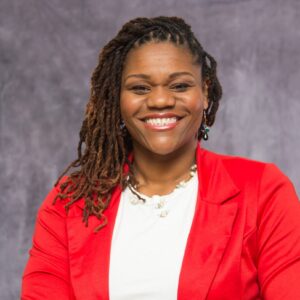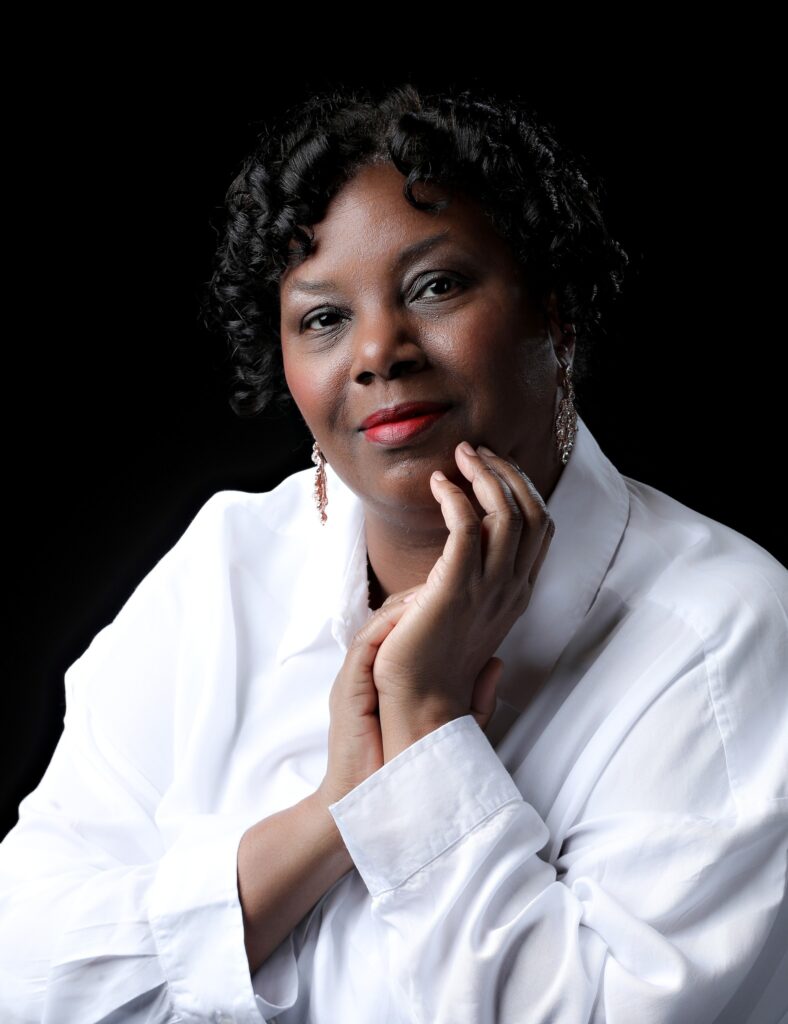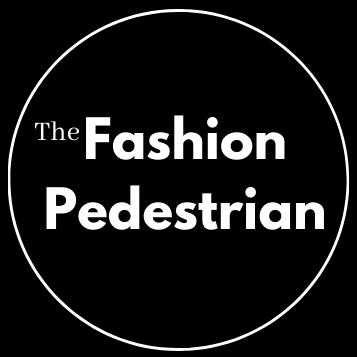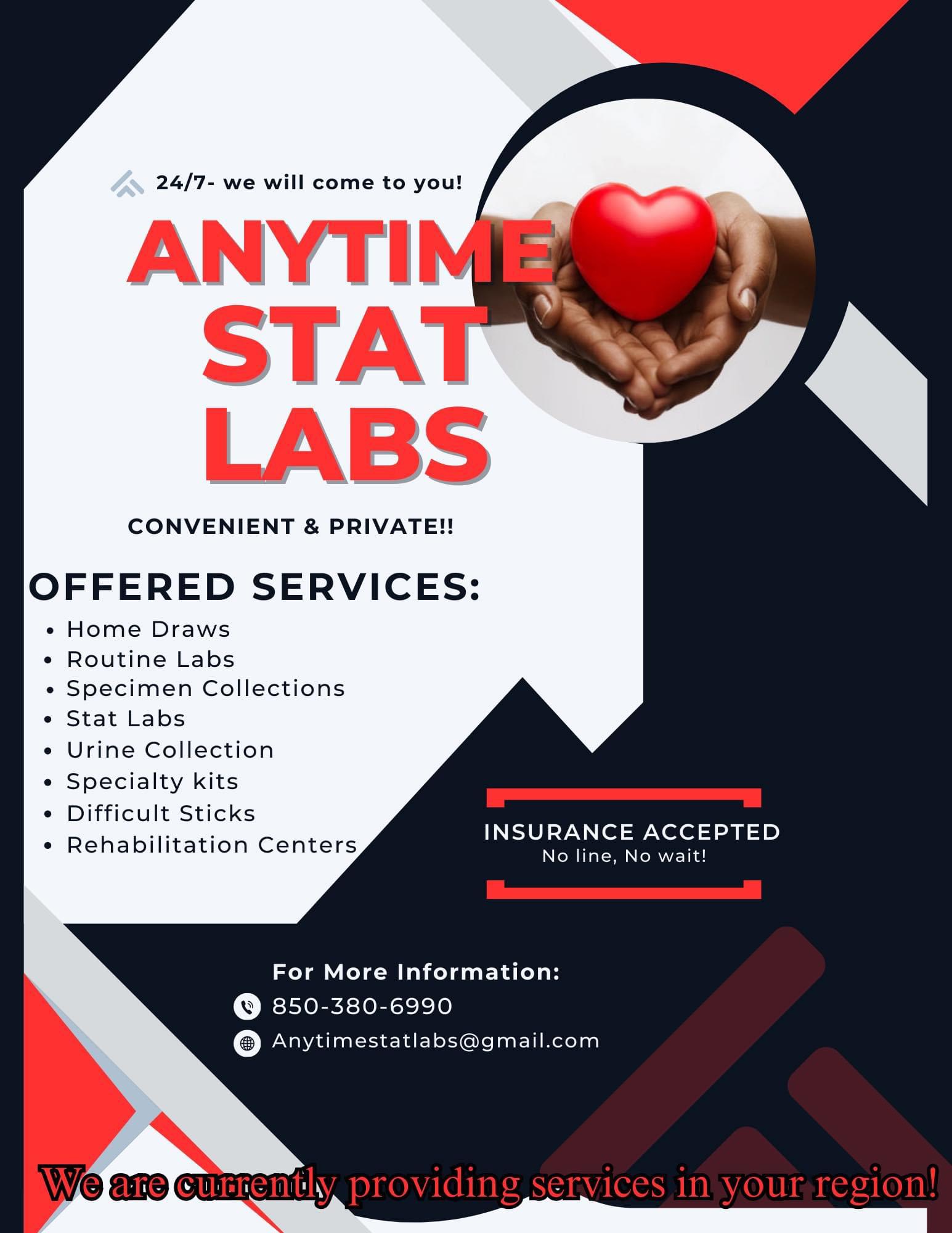We Can No Longer Turn A Blind Eye To What's Happening!
Recently I sat down with Dr. LaTanya White and discussed what is going on in the Capital and how the tables are turning for black business owners. In case you didn’t know there have been several changes that will impact not just the black community but also black businesses within the next 20 years and if we do not start counteracting that plan we will be lower than we are now on the totum poll. I asked Dr. White, about the changes and how they will affect the black community as a whole.
 Dr. LaTanya White: There is a substantial amount of work ahead of us, particularly in the realm of diversity, equity, and inclusion. Reflecting on the struggles that civil rights leaders dedicated their lives to, even sacrificing their lives, adds depth to the urgency of our current efforts. In the months since January, I delved into the Congressional Black Caucus’s quarter-three report. This document outlines their specific focus during that period, shedding light on the challenges they encountered. In the opening pages, Representative Stephen Horsford from Nevada addresses critical issues, including lawsuits and the contentious overturning of affirmative action, which has significant implications.
Dr. LaTanya White: There is a substantial amount of work ahead of us, particularly in the realm of diversity, equity, and inclusion. Reflecting on the struggles that civil rights leaders dedicated their lives to, even sacrificing their lives, adds depth to the urgency of our current efforts. In the months since January, I delved into the Congressional Black Caucus’s quarter-three report. This document outlines their specific focus during that period, shedding light on the challenges they encountered. In the opening pages, Representative Stephen Horsford from Nevada addresses critical issues, including lawsuits and the contentious overturning of affirmative action, which has significant implications.
He discusses legal battles and the consequential dismantling of affirmative action, creating a domino effect. Following the reversal of affirmative action, we observe its impact on the Fearless Fund. Representative House highlights in the quarter three report that 13 conservative Republican attorneys general have issued letters to Fortune 100 companies. These letters essentially instruct the companies to exercise restraint in their Diversity, Equity, and Inclusion (DEI) spending. This development has significant implications.
So, if you’re a business owner, this situation directly impacts you. Let’s delve into Supplier Diversity. If you’re a minority business owner, hailing from a socially and economically disadvantaged community, or historically marginalized—let’s be candid, if you’re black or brown—this is crucial. The collective action of Republican attorneys general, urging business leaders to curtail their Diversity, Equity, and Inclusion (DEI) spending, has repercussions for us. It implies a reduction in funding for Supplier Diversity Outreach programs and fewer allocations for minority and women business owners seeking contracts with these private companies. We’re discussing private companies that control the purse strings, impacting our access to opportunities for wealth-building.
I believe the Washington Post covered this, possibly in 2022. Those were commitments made, essentially pledges, where organizations stated their intention to allocate funds for advancing racial equity. However, similar to the situation with a trillion dollars in government contracts facing delays due to bottlenecks in the Government Contracting process, the pledged funds were not fully disbursed. The challenge lies not in the availability of the money but in the process of effectively distributing it. These pledges amounted to a substantial 50 billion dollars, yet the full value had not been disbursed at the time.
Katrice Johnson: It’s there, but we haven’t seen any of it pretty much.
Dr. LaTanya White: Yeah, and they don’t have to spend it. It’s not like their constitute is not like they got to pay it like they pay taxes. That was just something that somebody out of the kindness of their heart
Katrice Johnson: Went on television to make look good.
Dr. LaTanya White: Yeah, and…That’s not to say that every organization was malicious or opportunistic or performative, but the numbers speak for themselves, There’s no real significant substantial or sustainable advancement in diversity equity, and inclusion since the murder of George Floyd and there are corporate Representatives that will admit to that.
The question is how do we combat what's going on within the Supreme Court Justice sending these letters to the company?
Dr. LaTanya White: Sure, a bit earlier, I shared insights from the advice session I attended during Advocacy Day. It was a fly-in on Capitol Hill, where I had the opportunity to meet with representatives from the Department of Commerce and influential figures from the US Black Chambers. One key piece of advice emphasized the need to shift our language away from solely focusing on race. The point made was that people may not be particularly interested in your personal lived experience.
Our advocacy for Global competitiveness must prove that while yes, we are prioritizing the black experience and black economic mobility, our cause is meaningful to ALL people on the other side of our people who don’t have our lived experiences. It must speak to people who have more access opportunities and more privilege, so a part of that is making sure that the rising tide is making sure that people know that ultimately the goal is for all boats to be lifted.
So, I was serving as a mentor for the HBCU Founders initiative which has an accelerator program. Some Capital is available to Founders who are affiliated with an HBCU and one of the founders I was working with had patents had received a gold medal and an Olympic gold medal for her research. I’m like, I didn’t even know they had a medal for that. But when I asked her what’s the economic burden of not solving this problem? She had no clue. She had been doing this work for 20 to 25 years but had never been prompted to connect her research, her solutions, and her invention had never been prompted to connect to what it cost the American people. So that shift is making sure that we know the numbers. What does it mean for 27 million, this is old data 27 million working-age Americans or entrepreneurs. But only 800,000 of them were African American women, what about the other millions of African American women? What could that mean from the perspective of a gross domestic product at GB GDP perspective to This Global competitive positioning? What do those numbers mean? Translate those numbers to your elected officials even Senators that you don’t necessarily agree with because guess what it’s all about the bottom line.
Katrice Johnson: Our primary focus should revolve around two key areas. Firstly, we must engage in group economics with unprecedented commitment, as supporting one another within our community should take precedence. Secondly, adapting our language to embrace reverse inclusion becomes crucial, considering the current sentiments among our white counterparts. The question arises: Why should we have to adapt? While it’s undeniable that our country has wronged us, the reality is that we don’t hold all the cards. Mastering the game and playing it adeptly are essential for our continued participation. If making certain groups feel good for a while is a strategy to navigate the game effectively, why not consider it? The main goal is to WIN so we can change the rules.

by Katrice Johnson
I’m a graphic designer and web designer. I am also the author of three books and working on my fourth now.
For more information about me and how I can help you with your business, please go to my website Graphic Grooves Consulting




